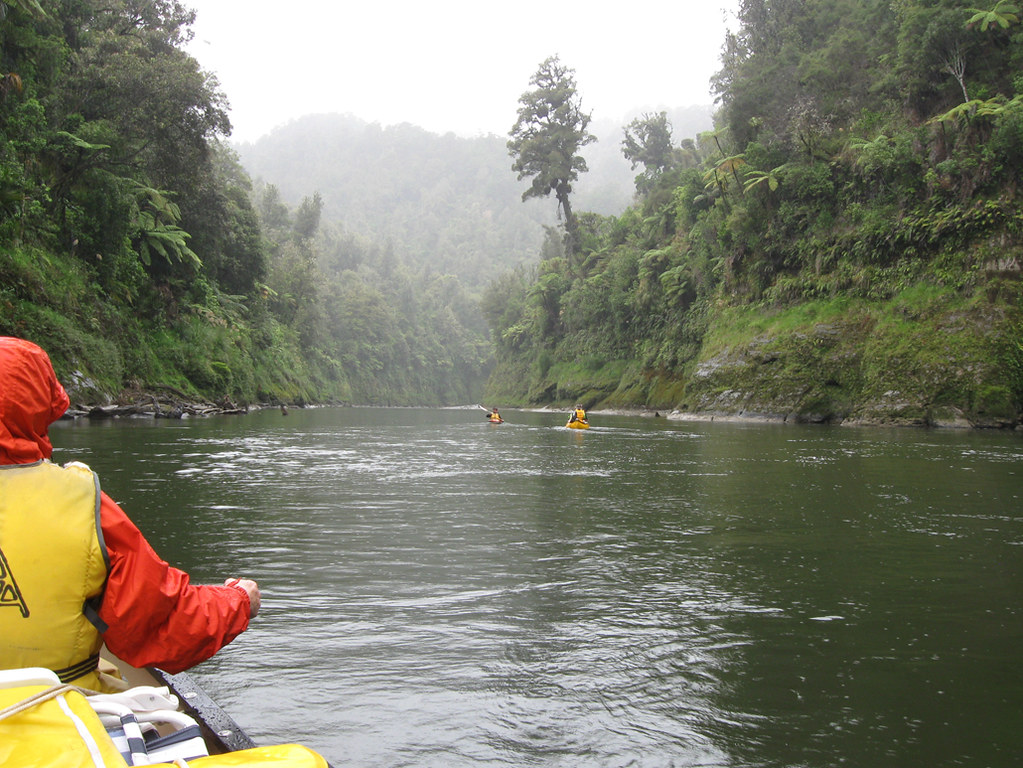Finance for Biodiversity Initiative‘s Mark Halle interviewed Grant Wilson, Executive Director & Directing Attorney of the Earth Law Center about moves to secure the legal personhood of nature.
Mark Halle: We at the Finance for Biodiversity Initiative are taking a keen interest in the developing new field of law around the rights of nature. Following in the media, you see stories about elephants having rights and rivers being given rights, and countries adopting the rights of nature into their constitutions. So the first question I have to you is this, is are you seeing a trend here?
Grant Wilson: I think the rights of nature has the potential to be the next great rights movement and it is just beginning. It has been 12 years since the first country recognized the rights of nature constitutionally. That was Ecuador. What’s happened since that has been really tremendously fast. This idea has been really captivating governments across the world. We started with Ecuador 12 years ago, and now rights of nature are recognized at some level in 12 countries. Sometimes this is nationally like Ecuador and Bolivia and sometimes the rights of a specific ecosystem are recognized as with the Whanganui River in New Zealand.
Countries all over the world are now considering the rights of nature; every country in Latin America is considering the rights of nature, at this moment, and many are on the verge of passing new laws, recognizing it. Countries in North America, Europe and Africa are all considering it.
It’s an important movement right now because nature has no voice. It has no rights and its interests are not represented. Our governance and legal system is built on this separation, this idea of separation between humans and nature.
Our entire economic system is built on the exploitation of nature. Nature is treated as a resource or human property under the law and the result of that is that our legal system encourages or even requires the maximum exploitation of nature that is legally allowable.
We have environmental laws that push back on that a little bit, but they work within the system rather than challenging it. For example many countries have endangered species laws, but these don’t challenge the mass exploitation of species. We’ve lost 60% of vertebrates over the last 50 years. But instead the law says we’re going to create some protections for animals once they’re on the verge of extinction, only at that point.
The rights of nature approach, instead of merely trying to slow down the rate of degradation mandates that we restore ecosystems to health. So it’s an entirely different goal.It also gives a voice to nature in our society. There are ways you can do this through legal guardianship bodies and other mechanisms to give nature a voice.It transforms our law from from one that exploits nature to one that upholds this right.
I think it is going to happen, inevitably, because there’s a huge movement pushing it forward at this point. The only question is, are we going to put enough enough expertise behind it to create enforceable standards to make sure it’s effective in practice. I think it has enormous potential and we’re really excited to be part of that.
Mark Halle: That’s encouraging. Its great to hear your prediction that this can only grow and take form. But as we know that it’s one thing to get a law on the statutes books and quite another to have genuine jurisprudence, enforcement and compliance. Are some of these laws seen as nice in principle, but very hard to implement?
Grant Wilson: There’s some examples of where rights of nature have worked in practice. And there’s some examples of where it’s really nascent it’s just starting to emerge. In Latin America, we’re starting to see courts enforce the rights of nature in practice. In Ecuador the rights of nature are recognized constitutionally and it’s been enforced in many cases. There have been about 30 rights of nature cases.
In 2011 we saw the Vilcabamba River assert its rights in a court. It was harmed by a construction project. The court said the river’s rights have been violated and ordered the municipal government to restore this river to health. We have seen a case of shark poachers where there was a large fine and prison time levied.
We’ve also seen some cases where rights of nature have lost in court. For example the Mirador mine, where the Court decided economic development was more important. But what I think is exciting is that nature is in the courts fighting for its rights.
Right now the Constitutional Court of Ecuador is considering a handful of cases that are going to put standards behind the rights of nature in an understandable and meaningful way..
Read the full interview HERE.
Photo credit: “Whanganui River – Whanganui Journey” by Department of Conservation is licensed under CC BY 2.0

